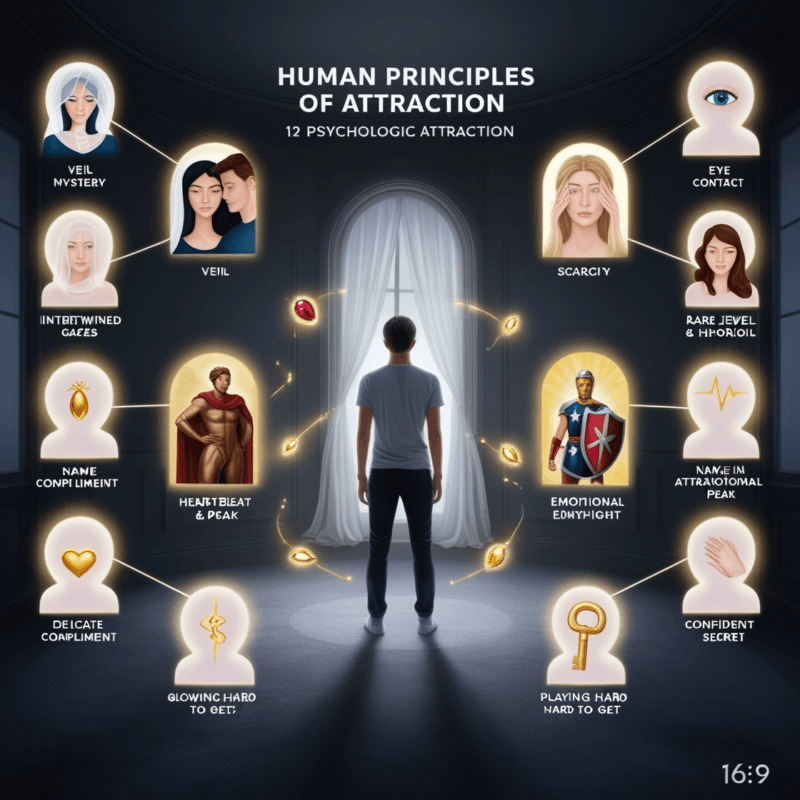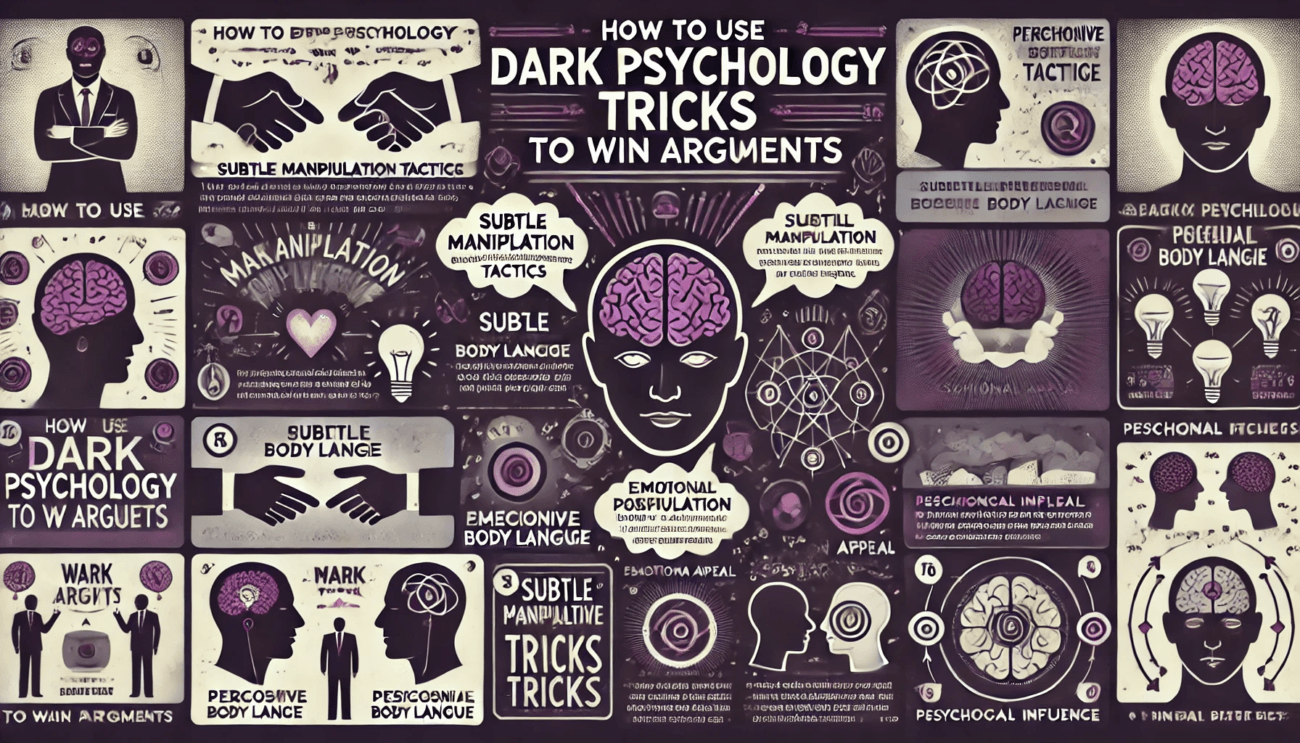You’re late for your usual flat white, pushing through the café door just as the barista calls your name. A tall stranger in a charcoal jacket steps aside, flashing a quick smile as he lets you squeeze past. Polite, you think. You don’t notice that he’s already clocked the brand of your watch, the tension in your shoulders, and the way your eyes dart to the phone buzzing in your hand. You have exactly ten seconds before the most subtle manipulation of your life begins.
The Hook
“Rough morning?” the stranger asks, nodding at the phone.
You laugh—because yes, the office group chat is melting down and you haven’t had caffeine yet.
“Tell me about it,” you reply.
The conversation feels effortless. He mentions a terrible commute on the very train line you take, cracks a joke about your city’s crumbling infrastructure, then drops a perfectly timed reference to the indie band whose sticker decorates your laptop. Within two minutes you’re swapping Spotify links. You’ll swear later you initiated most of it. You didn’t.
Rapport on Rails
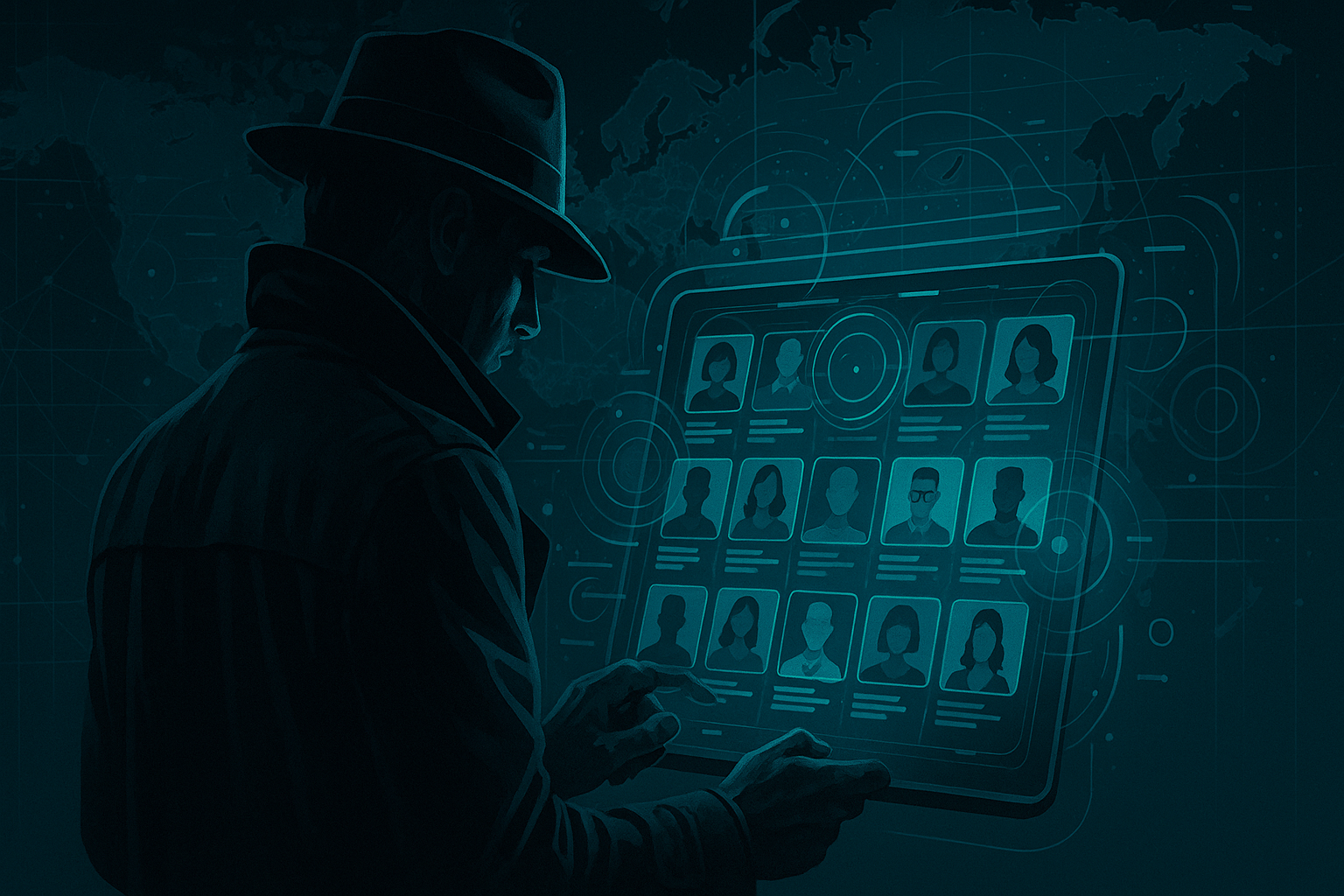
His name is Mark. He tilts forward as you speak, mirroring your posture, sprinkling little acknowledgments—“Exactly,” “Right, right,”—like breadcrumbs. They nudge your dopamine just enough to keep words tumbling out. This is the pacing and leading gambit: match your energy first, steer it later.
By the time you collect your drink, Mark has offered an invitation:
“I’m heading to InnovateCon on Friday—looks like the kind of tech-ethics panel you’d eat up. You should swing by.”
You scribble your personal email on his napkin. You’ll tell friends it was spontaneous, destiny, or plain old networking. In truth, Mark planned this “chance” collision last night by scraping your LinkedIn, Twitter likes, and that public conference RSVP list you forgot was searchable.
This is Phase I—Reconnaissance. You were mapped before you knew the game existed.
The Coffee Shop Test
Back at the office, an email pings: details for Friday’s panel plus a PDF of “industry insights.” You click without hesitation. Harmless. But the attachment carries a tracking pixel confirming that your machine opened it—and when. Phase II—Opening the Funnel—Mark needs to know how quickly you’ll bite.
Two days later, you find him again, this time outside the conference venue. He greets you with the excitement of a long-lost friend:
“I saved you a seat—figured the front row has the best Wi-Fi for live-tweeting.”
You accept, flattered. By lunch you’re dissecting corporate ethics over falafel wraps. Mark admits he’s terrible with deadlines—the same Achilles’ heel you confessed the first morning. Vulnerability reciprocity logs are now balanced. Trust cements.
The Invisible String
Weeks pass in a blur of coffee catch-ups and Slack DMs. Mark applauds your every victory (“Your blog post on AI ethics blew my mind!”) and amplifies your frustrations (“Management just doesn’t get innovation, do they?”). Each compliment slices a thread from your skepticism; each shared grievance knots you closer.
One Friday he casually poses a favor:
“You’re the only person I know inside NexGen Robotics. My team is blind-spotting a security white paper—could you glance at our draft? I’d pay in infinite lattes.”
Sounds innocent. You forward the PDF to your personal email, add quick comments, and bounce it back. Somewhere in Langley a box is ticked: First Compliance Achieved.
The next request arrives soon: “Mind grabbing the latest NexGen R&D summary? I can’t find it online; probably buried in your internal wiki.” He frames it as the same favor, just one click bigger. You feel consistent, helpful, valued.
You don’t notice the frog starting to boil.
Why It Works: Six Human Reflexes Spies Love

- Reciprocity – He bought coffee; you “owe” cooperation.
- Commitment & Consistency – Small yes? Bigger yes feels natural.
- Social Proof – He hints others at NexGen share docs all the time.
- Authority – His badge at InnovateCon said “Senior Research Fellow.” Fellow where? You never checked.
- Scarcity – “We’re on a tight deadline—only you can help.”
- Liking – Same music taste, same commute, same disdain for broken printers.
Psychologists call this influence engineering; case officers call it Tuesday.
Digital Leverage
Mark’s charm is analog, but his prep was algorithmic. He mined open-source intel for:
- Your Medium posts to echo your writing voice.
- Strava routes to time the “random” gym meetup.
- Pinterest boards to mention that Mustang show you secretly adore.
He doesn’t merely own your data; he wields it as a mirror.
The Slow Boil
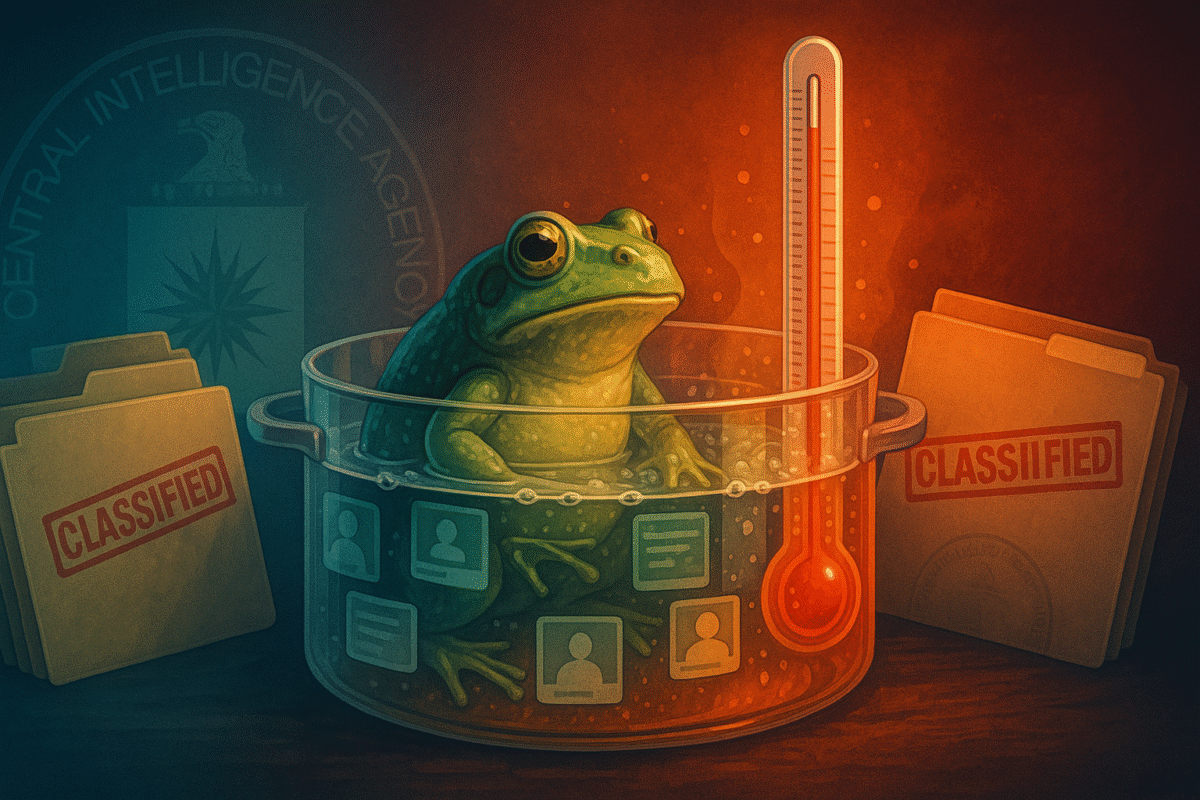
By month three, file transfers feel routine. Mark is always quick to say, “If you’re not comfortable, no pressure,” weaponizing reverse psychology—you rush to prove you are comfortable. He rewards each handoff with bigger praise and, occasionally, strategic silence that leaves you craving approval.
Finally, Mark asks for the schematic. “It’s ancient,” he laughs. “Half the sensors are obsolete. Honestly, it’s more nostalgic than useful.” You glance around the office, shrug, and hit download. Somewhere, a foreign asset cracks a grin.
Exit, Stage Nowhere
Then Mark vanishes. Emails bounce. His phone goes dark. You search conference attendee lists—nothing. Weeks later, a postcard appears: a photo of a Mustang show, a scrawl—“Made it to the west coast. Keep rocking the future!” You chuckle, pin it to your cubicle, and chalk the friendship to life’s little seasons.
Only when legal shoves an NDA under your nose—“Potential breach, internal audit”—does dread bloom. You replay every latte, every joke. That’s when you grasp the brutal elegance of Phase V—Extraction & Exit: leave the target smiling long enough for the mole hunt to start elsewhere.
How to Break the Spell
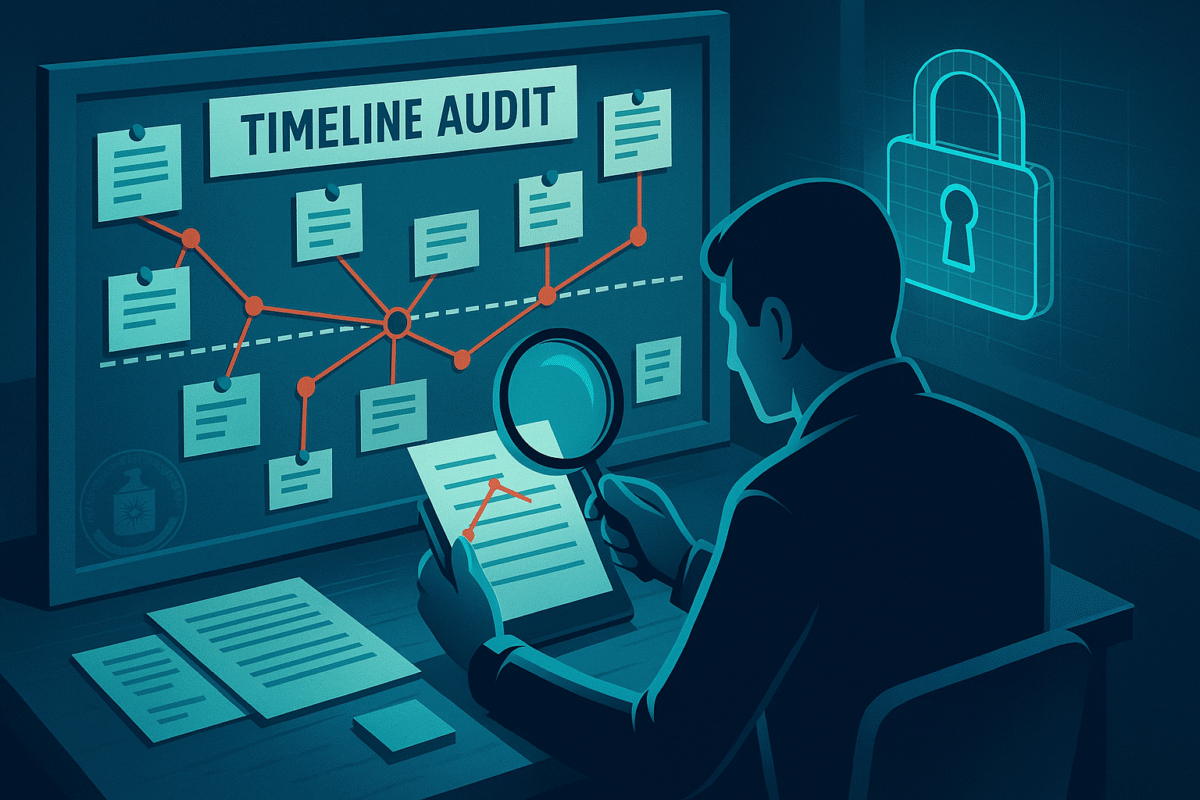
The story isn’t a cautionary fairy tale; it’s active tradecraft. The CIA teaches entire modules on rendering manipulation invisible. Yet you can still fight back:
- Timeline Audit – Keep notes on favors. Escalation loves amnesia.
- Cooling-Off Rule – No doc leaves your laptop until you’ve slept on it.
- Credential Checks – “Research Fellow”—with which institution? Verify.
- Controlled Disclosure – Treat every personal detail like a password.
- Digital Hygiene – Scrub old RSVPs; lock down social graphs; disable location tags.
Skepticism isn’t cynicism; it’s survival.
The Take-Home Truth
Spies don’t brandish hypno-watches. They leverage empathy, curiosity, and the very human ache to be understood. Manipulation feels like friendship precisely because it hijacks the same neural circuitry that is friendship. The antidote isn’t paranoia; it’s deliberate consent—choosing what you reveal, when, and to whom, like a sailor reefing sails before the gust hits.
So tomorrow, when a charming stranger spots your band sticker and offers to buy you coffee, smile back—then let the pause stretch just long enough to choose whether that conversation sails your ship…or charts it for someone else.
What other people also search for:
is an intelligence officer a good career?
What is the life of an intel officer?
What does an intelligence officer do day to day?
What do Intelligence officers actually do?




